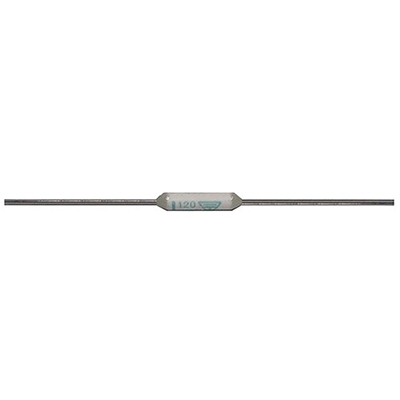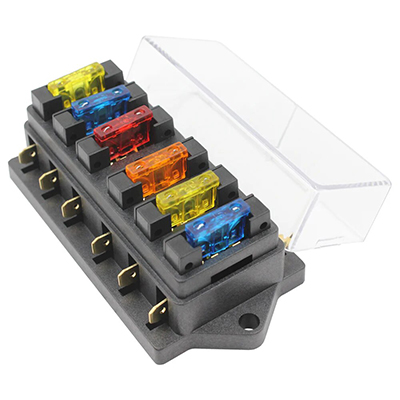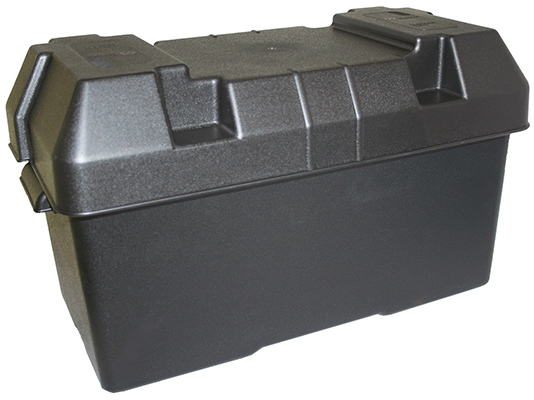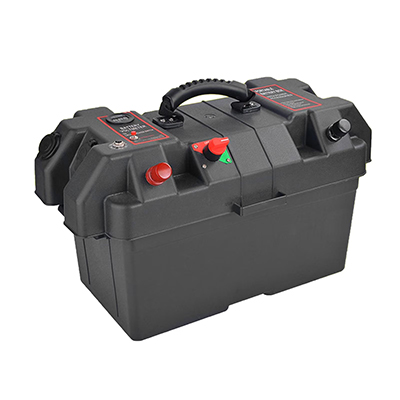Impact of Current Fuse Material Compositions on Breaking Performance
News 2025-10-24
Fuses are essential components in electrical and electronic systems, serving to protect circuits from overcurrent by interrupting the flow when faults occur. The composition of materials used in fuses significantly affects their breaking performance, including factors like response time, reliability, and capacity to handle high fault currents. In industries such as automotive and consumer electronics, selecting the right material composition can enhance safety and efficiency. This discussion delves into how material choices influence these aspects, drawing on advancements in material science to improve overall system protection.

Common Fuse Materials and Their Characteristics
Fuse elements often incorporate metals like copper, silver, and various alloys to achieve desired performance. Copper provides excellent electrical conductivity and is widely used for its balance of cost and effectiveness, while silver offers enhanced resistance to corrosion and oxidation. Alloy compositions, such as those including zinc or tin, can lower melting points for faster breaking action in high-risk scenarios. In applications like power distribution, these materials ensure quick interruption of faults, reducing potential damage to connected devices and improving system longevity.
Effects on Breaking Performance Metrics
The breaking performance of a fuse is determined by its ability to quench electrical arcs and absorb energy during fault conditions. Materials with high thermal conductivity, such as pure copper or silver-based alloys, allow for rapid heat dissipation, enabling fuses to handle higher breaking capacities without failure. In automotive contexts, where vibrations and temperature fluctuations are common, robust material compositions enhance durability and reduce the risk of premature activation. This results in better protection for critical systems, such as battery management in electric vehicles, where reliable performance can prevent catastrophic failures.
Frequently Asked Questions
1. What role does material composition play in fuse response time?
Material composition affects response time by influencing melting points and thermal properties; lower-melting alloys enable faster interruption of overcurrent events.
2. How do fuse materials impact energy absorption during faults?
Fuse materials with high energy absorption capabilities, like certain metal alloys, help dissipate heat more effectively, minimizing arc flash risks and enhancing safety.
3. In what scenarios are specific fuse materials most advantageous?
In high-reliability applications such as industrial machinery, materials with superior conductivity and stability provide better performance, ensuring consistent protection under extreme conditions.


